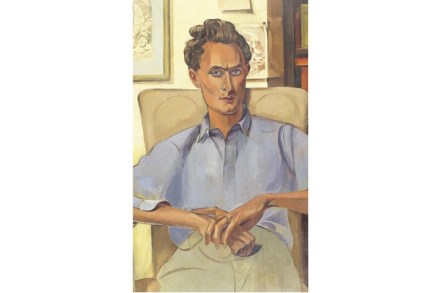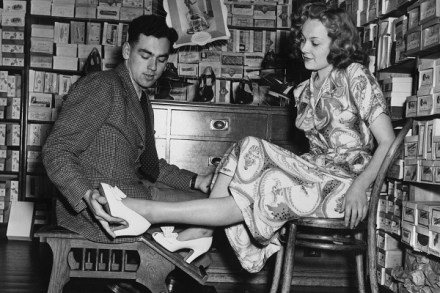A friendly poet
More from BooksIn real life, Stephen Spender was gentle and very tall, with wide-open pale blue eyes and a persistent air of slight hesitancy, as if he expected to be violently contradicted at any moment. He had one of the nicest voices I’ve ever heard, a voice which might have been made for poetry: impossible to imagine






















